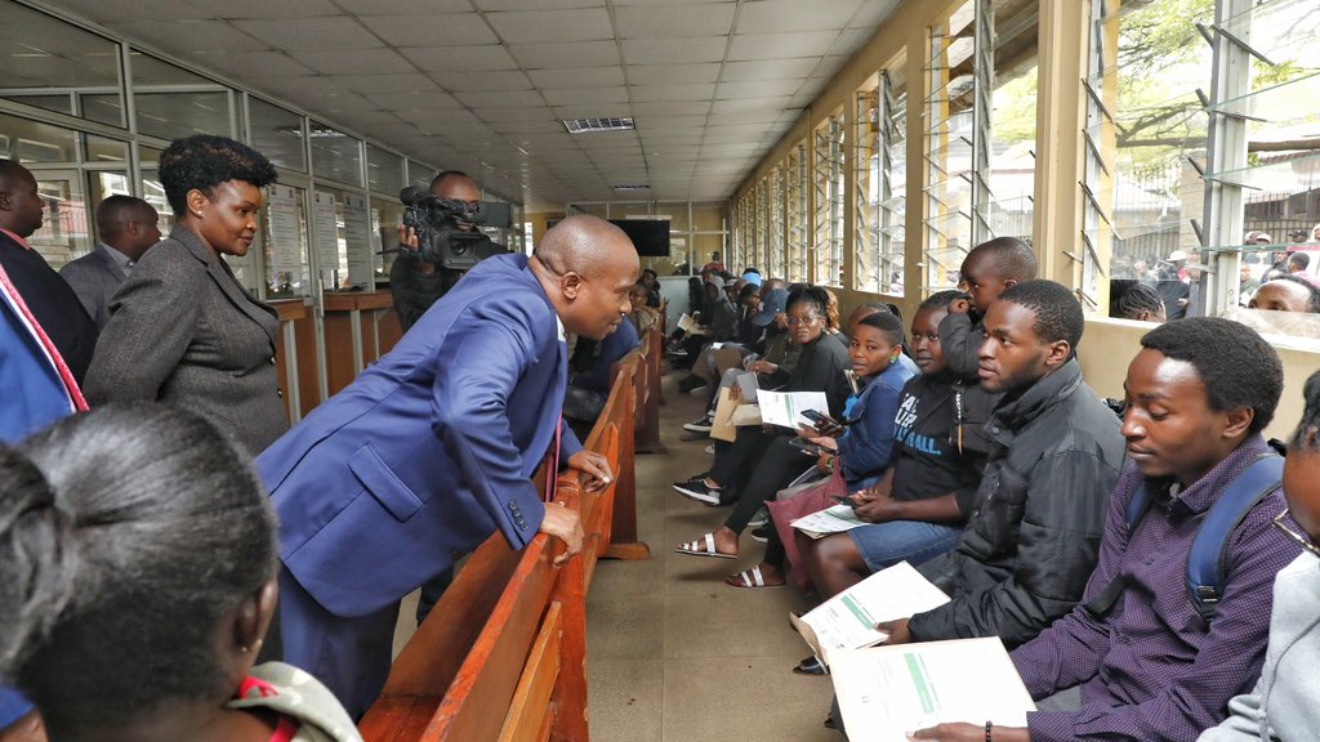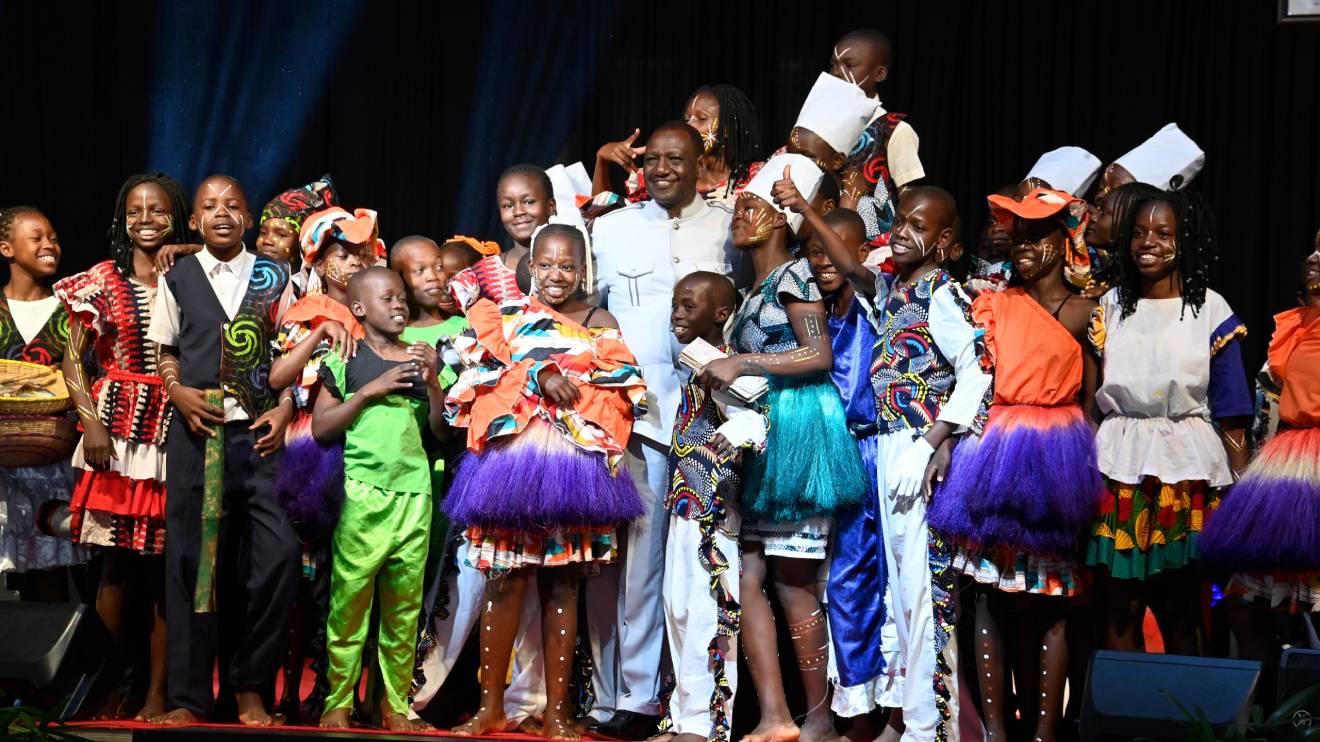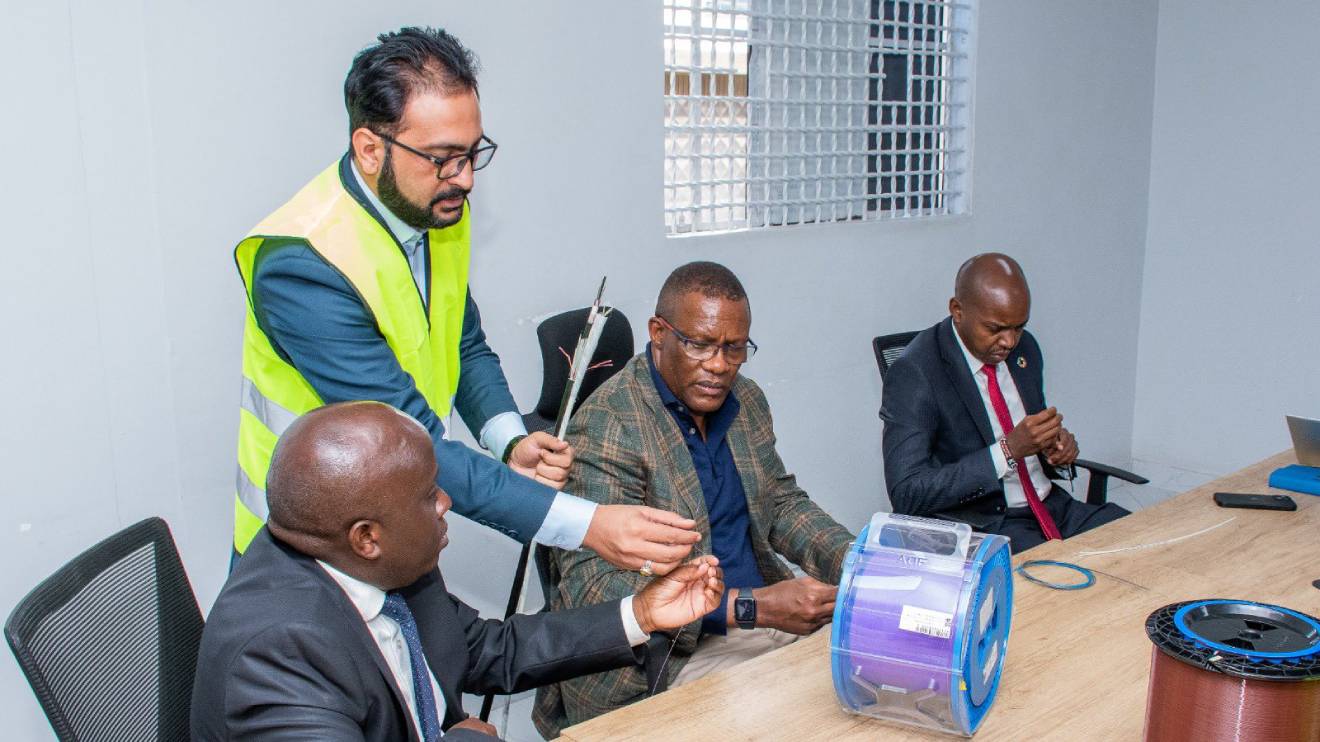Kenya’s Prime Cabinet Secretary, Musalia Mudavadi, lauded the Non-Aligned Movement (NAM) member countries for spearheading a rigorous campaign for access to vaccines during the tough COVID-19 pandemic period.
Azerbaijan President Ilham Aliyev who is the Chairperson of NAM.
Speaking at the summit-level meeting in Azerbaijan’s capital, Baku, on Thursday, Mudavadi said the NAM Contact Group on COVID-19 did a tremendous job in lobbying for not just availability, but more access to vaccines.
He was presenting Kenya’s status update on measures being undertaken by the government to cushion its citizens from the negative economic effects of the pandemic,
Read More
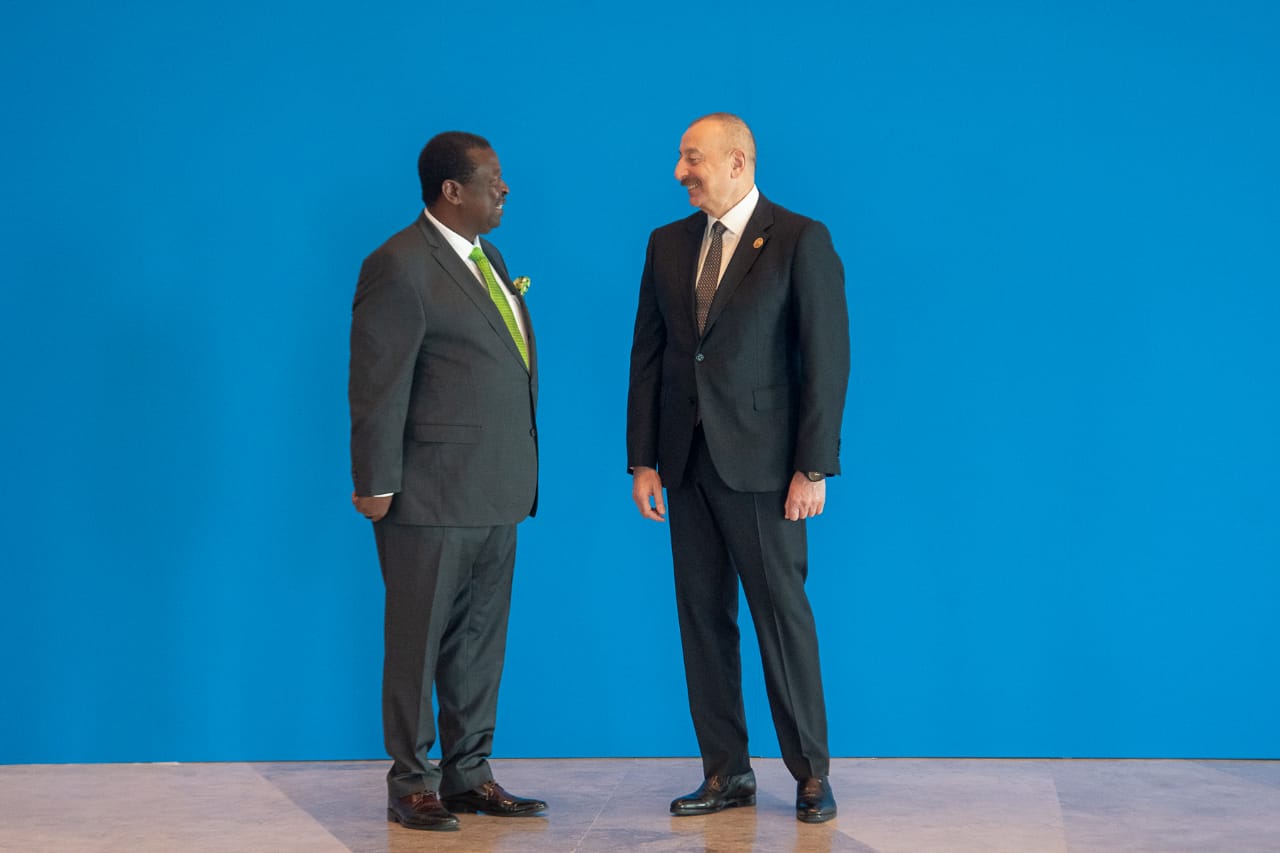
Mudavadi expressed Kenya’s support of the Covid-19 Vaccines Global Access (COVAX) initiative and called for a fair spread of vaccine manufacturing, diagnostics and treatments for other potential pandemics.
“If there is a global lesson learnt during the COVID-19 pandemic, it was the unequal access to vaccines across the world. Kenya therefore, supports the COVAX initiative, but also calls for access diversification through equitable spread of vaccine manufacturing, diagnostics and treatments for other potential pandemics,” Mudavadi said.
Mudavadi said the COVAX initiative campaign guaranteed rapid, fair and equitable access to vaccines by people and countries regardless of their wealth.
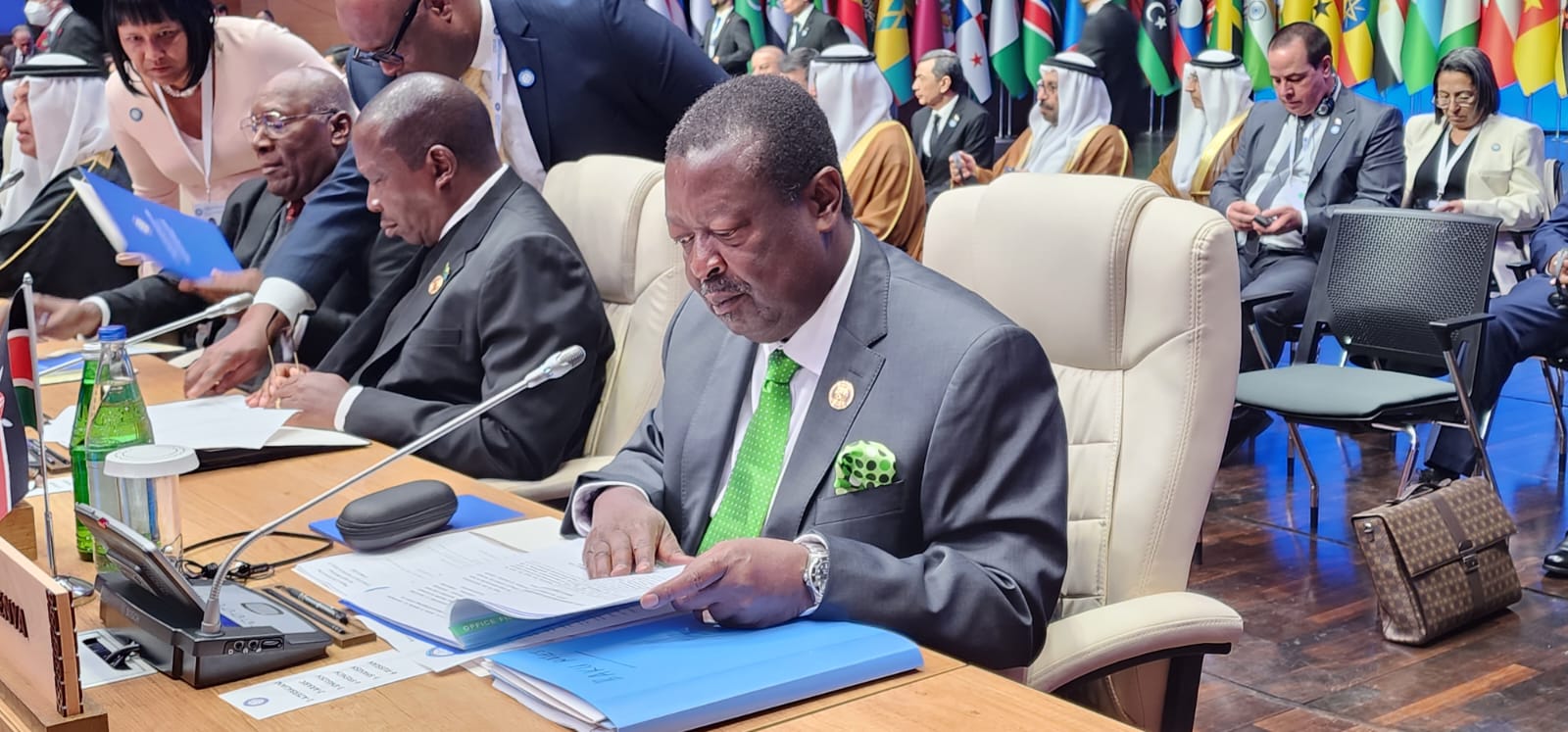
The Prime Cabinet Secretary who represented President William Ruto at the Baku Summit, further pointed out that the campaign was a gesture towards not only promoting equity but enhancing world peace and cooperation.
“Like other NAM countries, Kenya is continuously looking at meaningful multilateral partnerships beyond mitigating COVID-19. Kenya is open to concrete partnership in improving transport infrastructure, education, liquidity to business including MSMEs, health provision, agriculture & food security, support to tourism recovery; improving environment, water & sanitation; supporting manufacturing and enhancing social protection,” he said.
He further told the summit that Kenya supports NAM on the need for the international community to boost debt-relief and restructuring to help African countries mitigate the effect of COVID-19.
According to Mudavadi, such support should be through investments and the implementation of practical climate-change adaptation programs. Kenya is burdened by debt obligations.
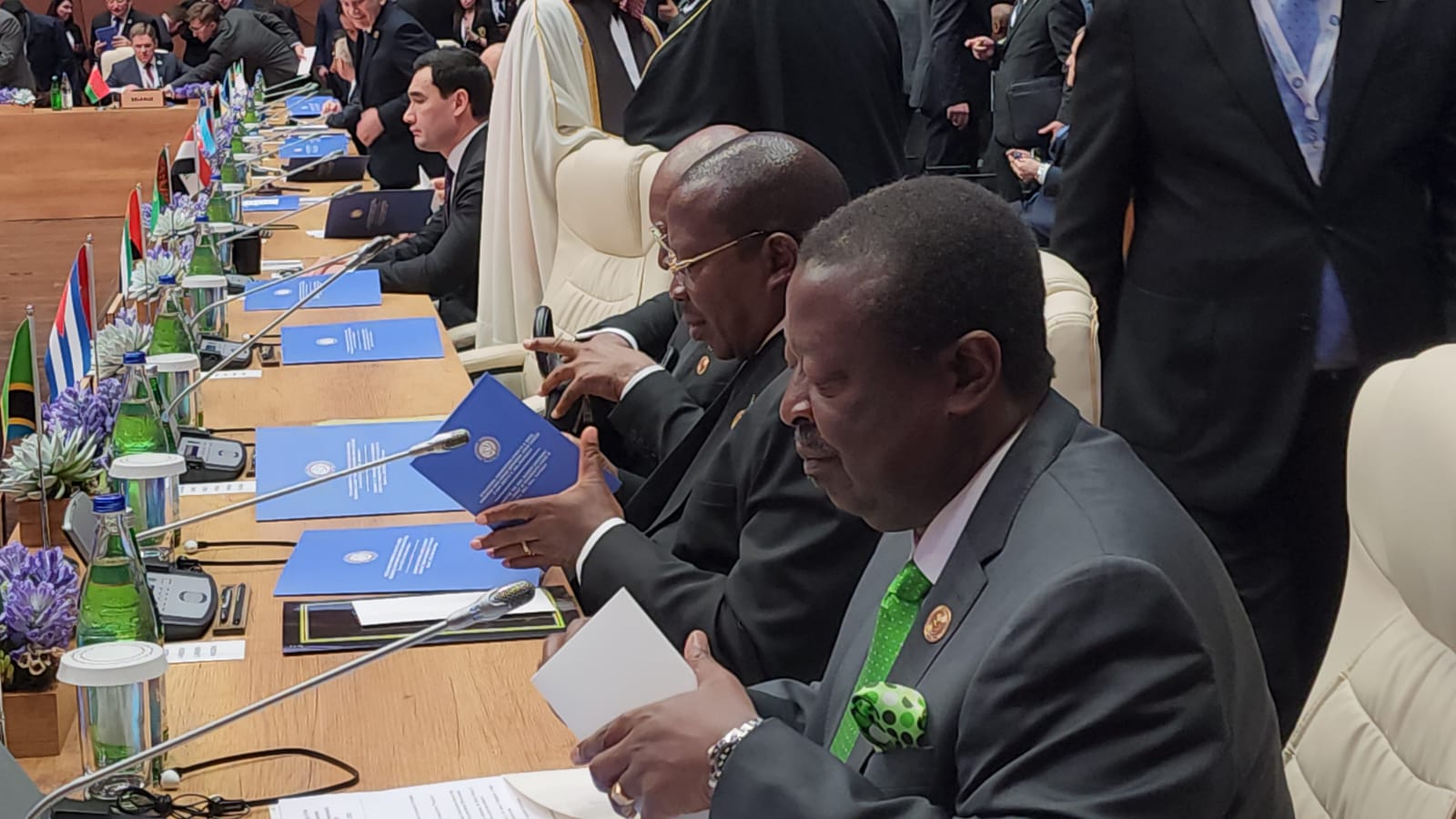
Kenya's present public debt is at 60 per cent of GDP of which the domestic debt is 33.2 per cent of GDP while external debt is 27 per cent of GDP. This is a public debt total of $35.4 billion or 31 per cent of GDP.
“Kenya supports the NAM in formulating a strategy to promote the common interests of its Member States on post-pandemic recovery particularly establishing a UN High Level Panel on Post-COVID Global Recovery,” he said
Mudavadi appealed to the NAM members to “be their brothers’ keeper” in efforts to re-engineer the dwindling fortunes in the economies, adding that Kenya has embarked on stimulating a stagnant economy through the Economic Recovery Agenda for economic turnaround and inclusive growth.
Mudavadi also told the Summit that Kenya’s economy was yet to fully recover from the impacts of COVID-19, despite various interventions that have been undertaken by the government to help its citizens get back on their feet.
“Livelihoods and businesses are still struggling after COVID-19 disruption of both internal and international markets for goods and services. Unemployment is high, as scarcity of food resulting from high prices threaten the health of majority Kenyans. Of the 57 million Kenyans, 17 per cent or 8.9 million are were experiencing extreme poverty in 2022 exacerbated in part by COVID-19,” Mudavadi said.
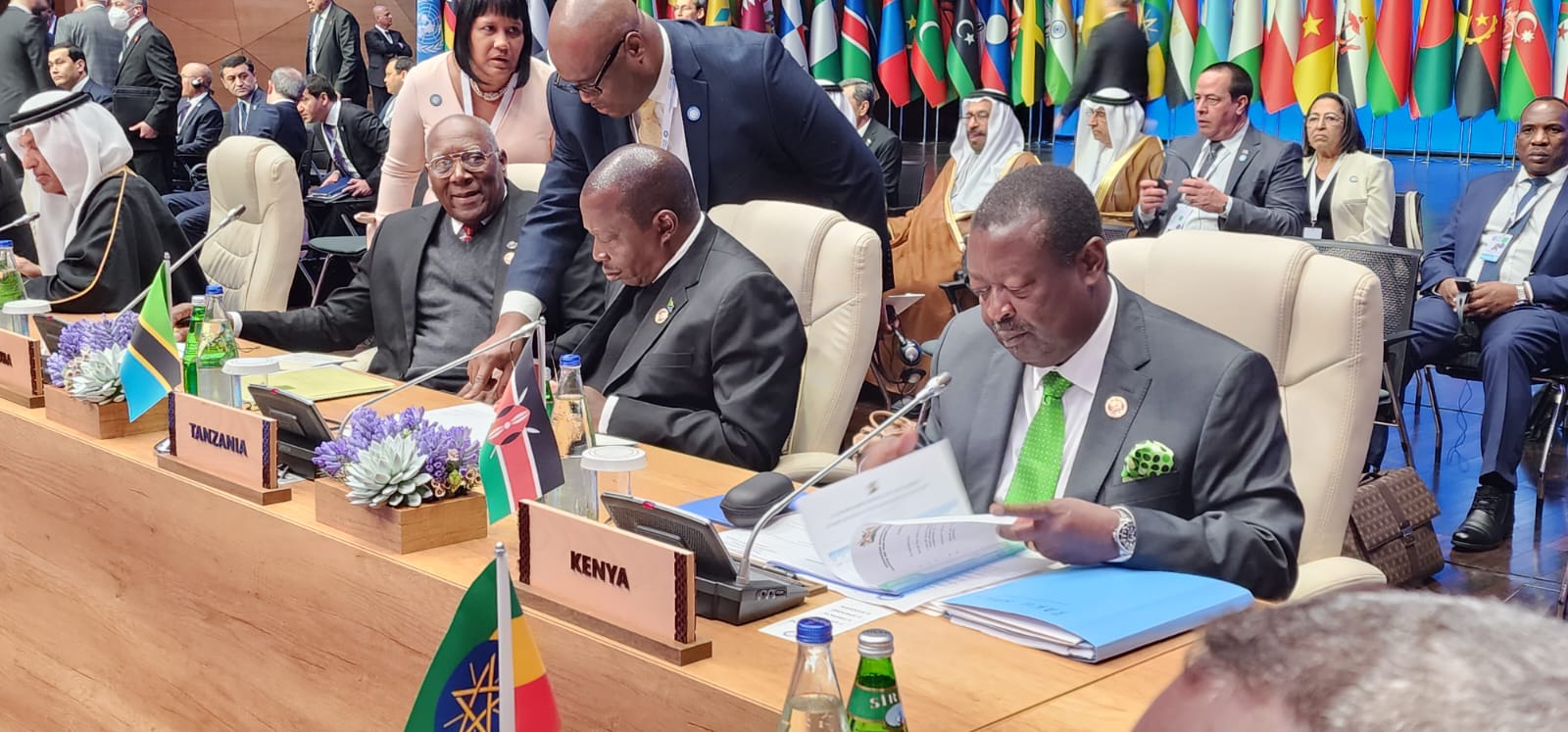
The education sector was also severely hit by the pandemic and despite mitigation measures to cushion learners, the still bear the brunt of the pandemic.
According to United Nations Educational, Scientific and Cultural Organisation (UNESCO) data, about half of the world’s students are still in one way or another affected by COVID-19 effects.
The pandemic led to the closure of schools for almost a year in Kenya, thus affecting the country’s education transition systems.
World Health Organisation (WHO) data show that by the end of 2022, the pandemic had claimed about 6.5 million lives worldwide. More than 600 million people were infected and unprecedented livelihoods were disrupted.
Mudavadi said COVID-19 cases stand at an estimated 343,000, with at least 5,688 deaths having been reported since the pandemic overstretched an already fickle healthcare system's capacity to care for the infected and the rest of the population in Kenya.
The Non-Aligned Movement (NAM) is a forum of 120 countries that (ostensibly) are not formally aligned with or against any major power bloc.
The countries of the NAM usually considered developing or the Third World, represent nearly two-thirds of the United Nations' members and hold 55 per cent of the world's population.
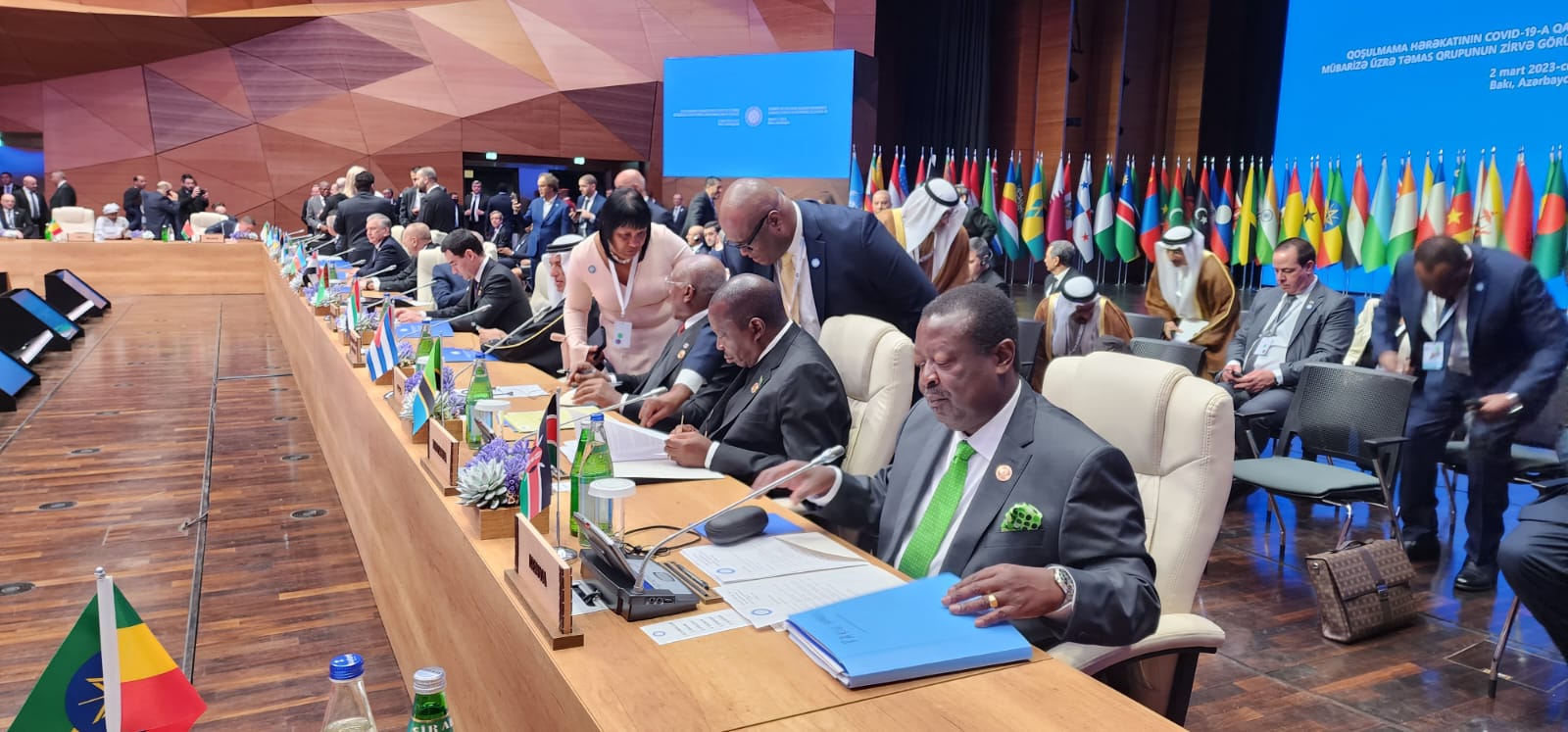
From dealing with de-colonisation and neocolonialism, The Movement has shifted focus to the socio-economic challenges facing member states, especially globalisation inequalities and the implications of neo-liberal policies.
NAM now identifies with issues of economic underdevelopment, poverty, and social injustice as growing threats to peace and security.

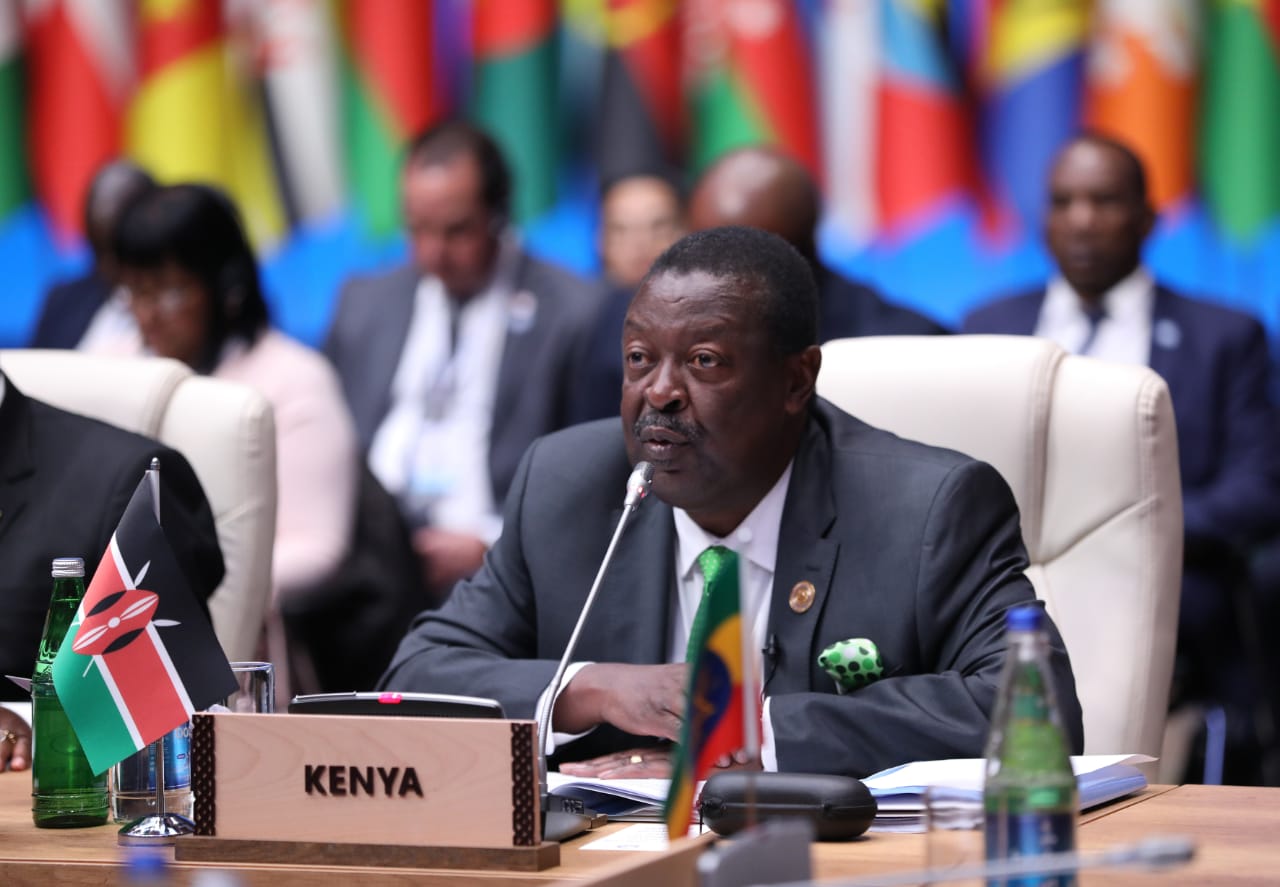

-1679766659.jpg)


